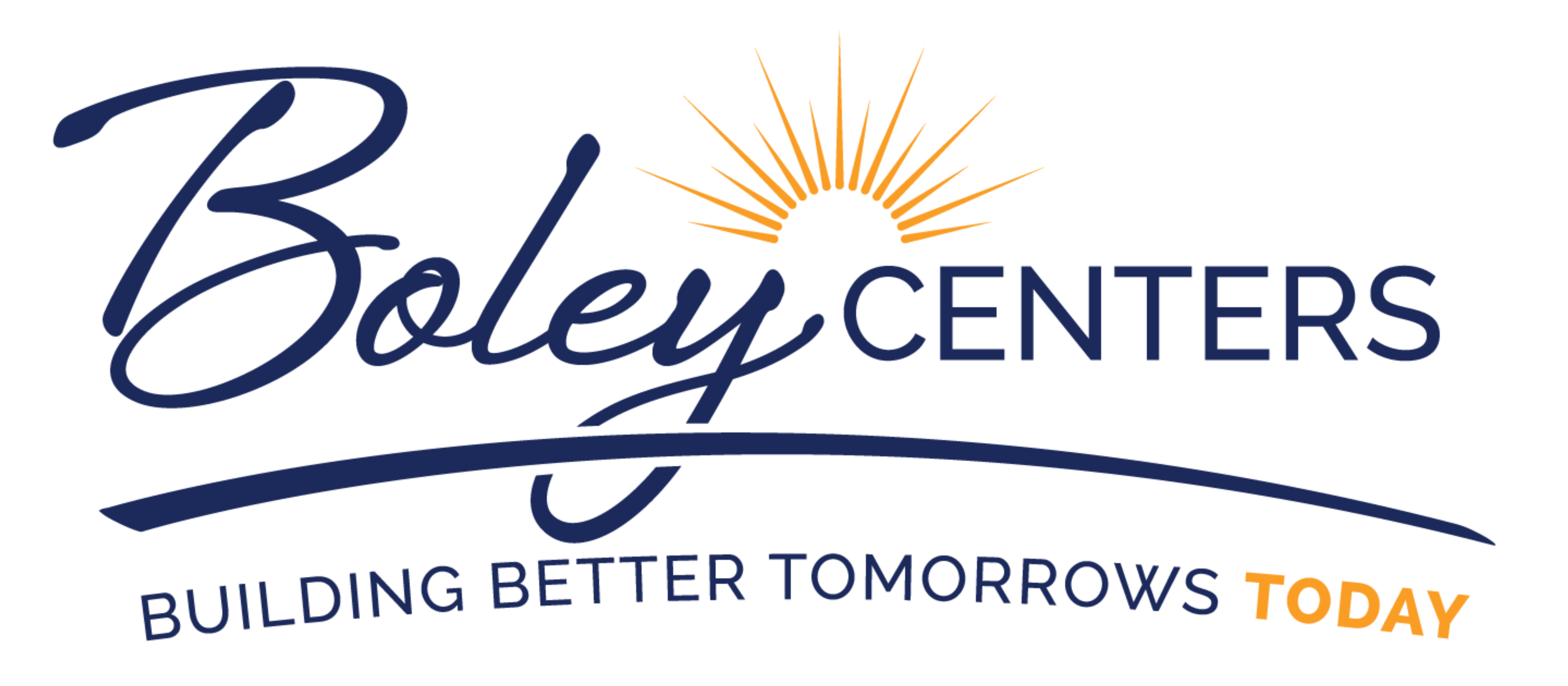Boley Centers is willing and able to provide this policy in an alternative format if needed.
POLICY
It is the policy of Boley Centers, Inc. to comply with the deaf and hard-of-hearing requirements as defined in the master contract and meet requirements pursuant to Section 504 of the Rehabilitation Act, the Americans with Disabilities Act (ADA) and CFOP 60-10, Ch. 4, “Auxiliary Aids and Services for the Deaf or Hard-of-Hearing.”
PURPOSE
The purpose of this policy is to establish guidelines for ensuring the provision of services to the deaf and hard-of-hearing customers/consumers.
PROCEDURES
Procedures in servicing Deaf and Hard-of-Hearing
When dealing with a consumer or companion who is Deaf or Hard-of-Hearing, Boley Centers shall comply with guidelines set forth in Section 504, ADA, and CFOP 60-10 Ch. 4 in regards to making support available to those in need of Auxiliary Aid/Service.
Responsibilities of Boley Centers
All Deaf or Hard-of-Hearing customers/companions in need of Auxiliary Aids will be offered these Services at no additional cost as per Federal Law and contractual agreement. Boley has assigned a Single-Point-of-Contact (SPOC), who is essentially responsible for maintaining files that document the required information for the Deaf and Hard-of-Hearing. This person also maintains a list of the information that is reported on the Monthly Report that providers send to DCF.
In addition, a 504 Coordinator will be assigned to assure the agency’s compliance with all the requirements of Section 504. Currently the coordinator for Boley Centers, Inc. is Jack Humburg.
Duties of the Single Point of Contact for Boley Centers:
Single Point-of-Contact duties will include but not be limited to:
- Ensuring that information regarding no-cost auxiliary aids available to customers/companions that are Deaf and Hard-of-Hearing is posted so that it is easily visible when entering the building. This includes the Interpreter services for the hearing-impaired poster, the DCF Non-discrimination poster, and the Limited English proficient poster.
- Conducting an assessment prior to services to determine the customer or companion’s preferred method of communication. SPOC (or designee) shall accomplish this by first completing the Customer Companion Communication Assessment Form and the Request for or Waiver of Free Communication Assistance Form. These items (when fully completed) will be kept on file in the SPOC or designated staff’s office. The customer/companion will be provided with the preferred method of communication and auxiliary aid services needed.
- Provision of services in a timely manner. If the customer/companion has a scheduled appointment, the preferred method of communication shall be available at the time of the appointment. If for any reason the preferred method of communication is unavailable, a reasonable substitute will be available as soon as possible, but no later than two hours after the scheduled appointment. SPOC (or designee) will ensure that the preferred method of communication is available within two hours (or no later than twenty-four (24) hours) of a non-scheduled appointment when customer/companion is hearing impaired. If an auxiliary aid or service is found to be ineffective, SPOC (or designee) shall re-assess to determine an alternative form of communication that will be used in order to ensure the customer/companion fully understands the information that is being provided.
- In no event will an auxiliary aid or service to a customer or companion who is deaf or hard-of-hearing be denied. Denial determinations can only be made by the COO or CEO.
- Ensuring certified interpreters (when requested) are available at time of scheduled appointments for Deaf and Hard-of-Hearing customers/companions. SPOC (or designee) shall obtain verification of the interpreter’s certification, and shall keep it on file for future reference. A list of certified interpreters is maintained in the office of the SPOC or designee.
- Ensuring qualified foreign language interpreters (when requested) are available at time of scheduled appointments for Deaf and Hard-of-Hearing customers/companions. SPOC (or designee) shall obtain verification of the interpreter’s certification, and shall keep it on file for future reference. A list of foreign language interpreters is maintained in the office of the SPOC.
- Ensure accessibility at meetings, conferences, and seminars for individuals with disabilities, limited English proficiency, or who are deaf or hard of hearing, including providing necessary aids and services for those individuals who are in attendance.
- Ensure that within 60 days of commencing employment, new staff be trained on how to provide auxiliary aids and services for individuals with disabilities and limited English proficiency.
- Require annual refresher training for all staff on how to provide assistance to individuals with disabilities and those who have limited English proficiency.
- Ensuring that individuals are aware of and know how to use the Florida Relay Service. To call the Florida Relay, dial 7-1-1, or use the following toll free numbers:
-
- 1-800-955-8771 (TTY)
- 1-800-955-8770 (Voice)
- 1-800-955-3771 (ASCII)
- 1-877-955-8260 (VCO-Direct)
- 1-800-955-5334 (STS)
- 1-877-955-8773 (Spanish)
- 1-877-955-8707 (French Creole)











